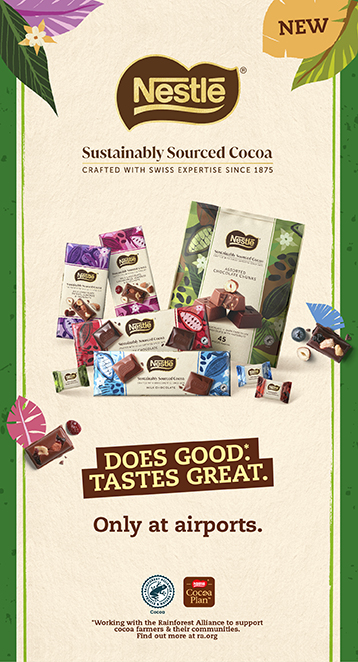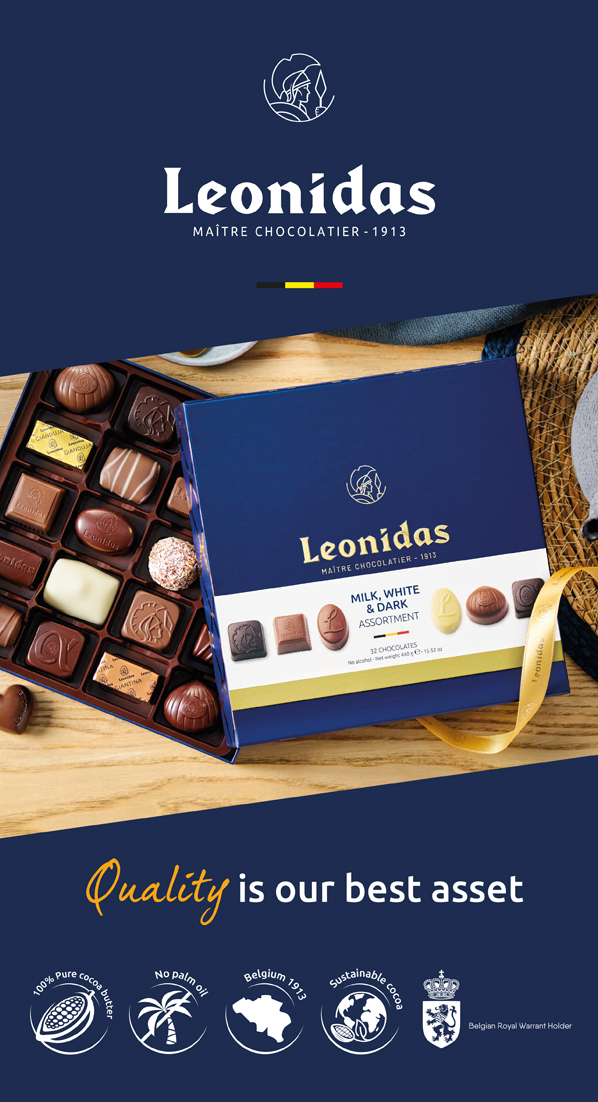
“As proud as we are of our history and tradition, we are certain that it is innovation that will drive our brand growth in the years to come.” So says Delaviuda Confectionery Group Head of International Department Ramon Iglesias as he prepares for the family-run confectionery group’s travel retail debut at the upcoming Summit of the Americas — A Virtual Experience.
“We are a family-owned group playing in an extremely competitive market,” added Iglesias. “So if we want to thrive, we need to remain unique and keep delivering value to our consumers and partners.”
Delaviuda Confectionery Group boasts over 90 years of heritage and offers a broad assortment of traditional Spanish confectionery products. The company’s portfolio is already well-loved in the Americas, reaching an average of +9% annual domestic growth in the last five years; and according to Iglesias travel retail presents plenty of further expansion opportunities in the region.
He said: “Our brands have a long history in the region and have become quite popular within certain consumer groups in the domestic markets. So, the fact that we are not reaching these audiences through the travel retail channel yet represents an obvious opportunity for us.”
In this interview, we discuss Delaviuda Confectionery Group’s portfolio rationalisation strategy and how digitalisation, collaboration and data-sharing can drive channel recovery. We also explore how the family-run company is balancing tradition with innovation to create a point of difference within a highly competitive confectionery landscape.
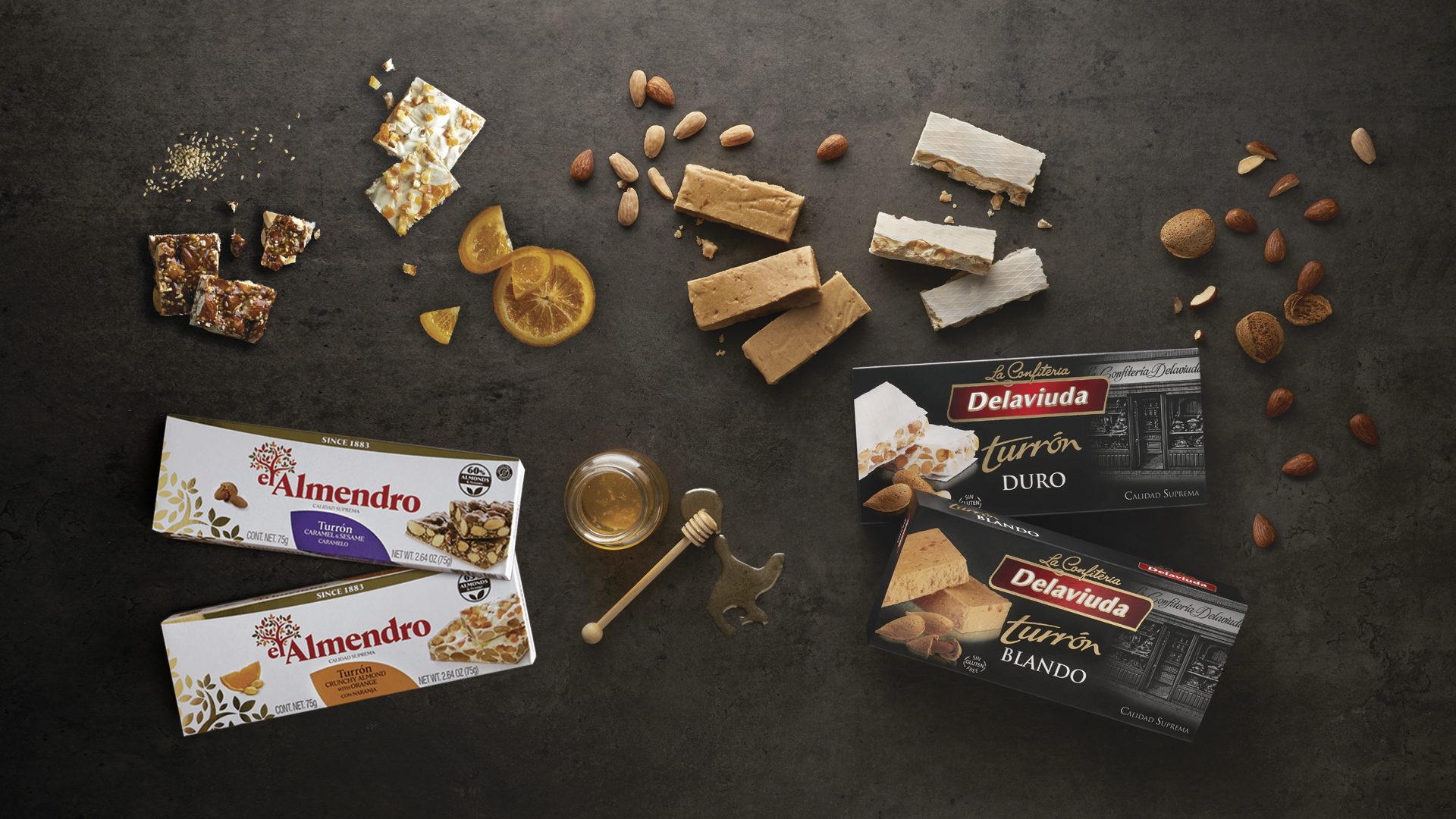
What is the major focus for Delaviuda Confectionery Group at the Summit of the Americas – A Virtual Experience? What lines, launches or campaigns will you emphasise and showcase?
Our major focus at the Summit is two-fold. First, we will be introducing our latest product developments into the travel retail channel at the event. Second, the Summit also gives us an excellent opportunity to catch up with existing business partners and generate fresh leads by meeting new prospects.
Our number one goal is to expand our distribution network in the region and build up a platform to replicate our success story in the domestic market in travel retail as well. We rely on a wide range of products for that and they will all be showcased at the Summit of the Americas. However, greater emphasis will be placed on some of our more recent disruptive product innovations like our turron sticks, which are a creative way of bringing our turron products closer to new demographic groups.
In what ways is El Almendro ‘reinventing’ the Christmas ‘turron’ tradition?
Reinventing the Christmas almond turron tradition is a part of our 2030 Innovation Strategy. Our aim is to offer consumers new ways to enjoy this traditionally Spanish treat.
While our conventional turron bars and rounds will still be a part of our core range, we also want to adapt to new consumer trends. ‘Snackification’ and convenience are emerging as powerful driving forces in the food business and we want to make sure our portfolio keeps up accordingly. Good examples of that are our Turron Sticks and Chocolate Turron Bites, launched last Christmas, which deliver a whole new experience of eating turron.
These new concepts will help us create new consumption moments for our products, so consumers can enjoy our turron anytime, anywhere.

Tell us more about La Confitería Delaviuda? What makes it different from other confectionery brands in the market today?
La Confitería Delaviuda has over 90 years of know-how and tradition that have been handed down from one generation of master confectioners to the next. The result is a broad assortment of products offering everything from boxed chocolates and chocolate bars to marzipan.
As proud as we are of our history and tradition, we are certain that it is innovation that will drive our brand growth in the years to come. We are a family-owned group playing in an extremely competitive market, so if we want to thrive, we need to remain unique and keep delivering value to our consumers and partners.
Even in the chocolate category, where being disruptive is getting more and more difficult, we have successfully developed a selection of unique products. This includes our range of travel retail exclusive chocolate bars and more recently, our chocolate sticks with inclusions.

How do you view the continuing impact of COVID-19 on Americas travel retail and the wider industry?
COVID-19 has had a huge impact on the industry, bringing traffic numbers down to levels not seen in decades. This has dampened sales in the short-term and industry players now have to adjust to the new reality whether they like it or not.
We are cautiously optimistic and expect the number of passengers to start picking up sometime in the summer. However, recovery will depend on the speed of vaccinations and will probably be uneven at the beginning, with safe travel corridors only emerging between countries with high vaccination rates.
However long it takes we get back to pre-COVID traffic levels, it is reasonable to assume that passengers will behave differently at the airports, spending less time at shops and reducing interaction with brand ambassadors. Because of this, we as an industry have to find new ways to engage them.
The crisis is also leading to portfolio rationalisations across the channel, and brands will have to place their focus on what brings value to them, their partners and consumers.
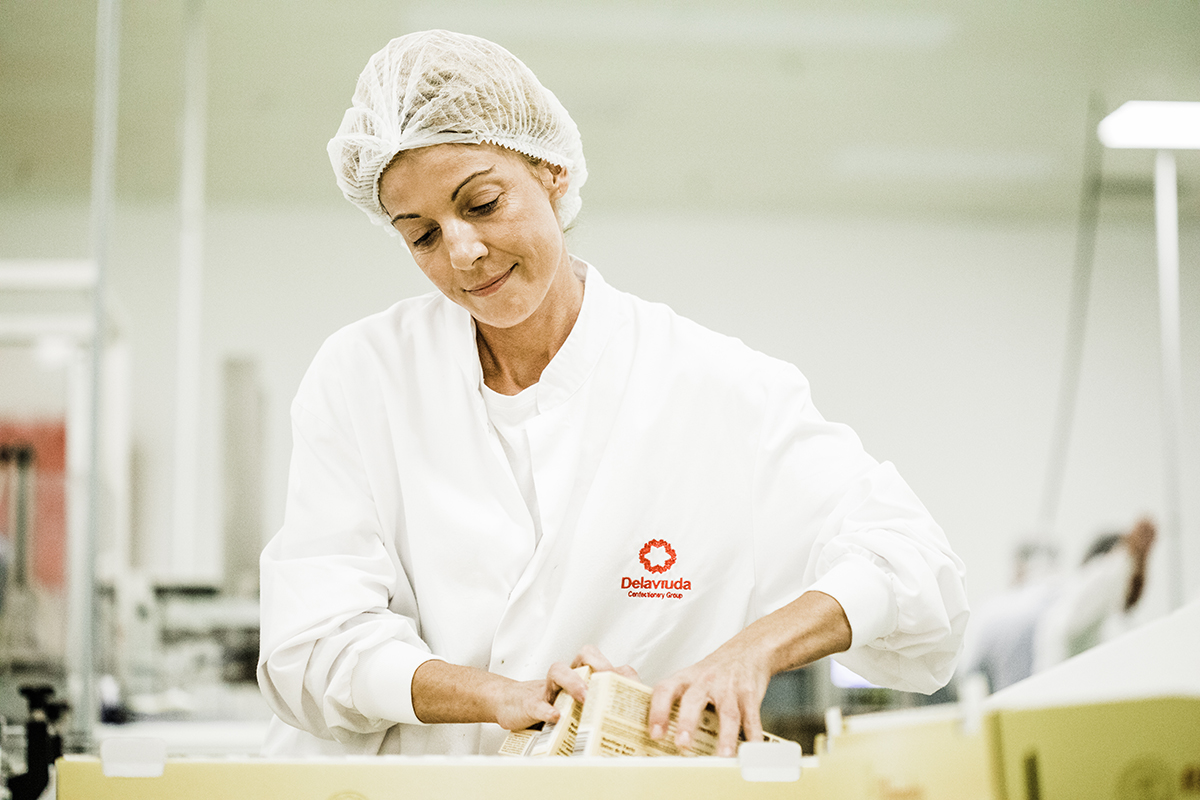

How important is the Americas region to Delaviuda Confectionery Group’s business today? What growth prospects do you see in the region?
The Americas account for a substantial share of our international confectionery sales, with annual average growth reaching +9% over the past five years. We have a strategic commitment to this area and have opened new branches in the US and Mexico.
Our brands have a long history in the region and have become quite popular within certain consumer groups in the domestic markets. So, the fact that we are not reaching these audiences through the travel retail channel yet represents an obvious opportunity for us.
We believe our products are quite unique in the travel retail channel, which may help retailers grow their category value without cannibalising other existing brands.
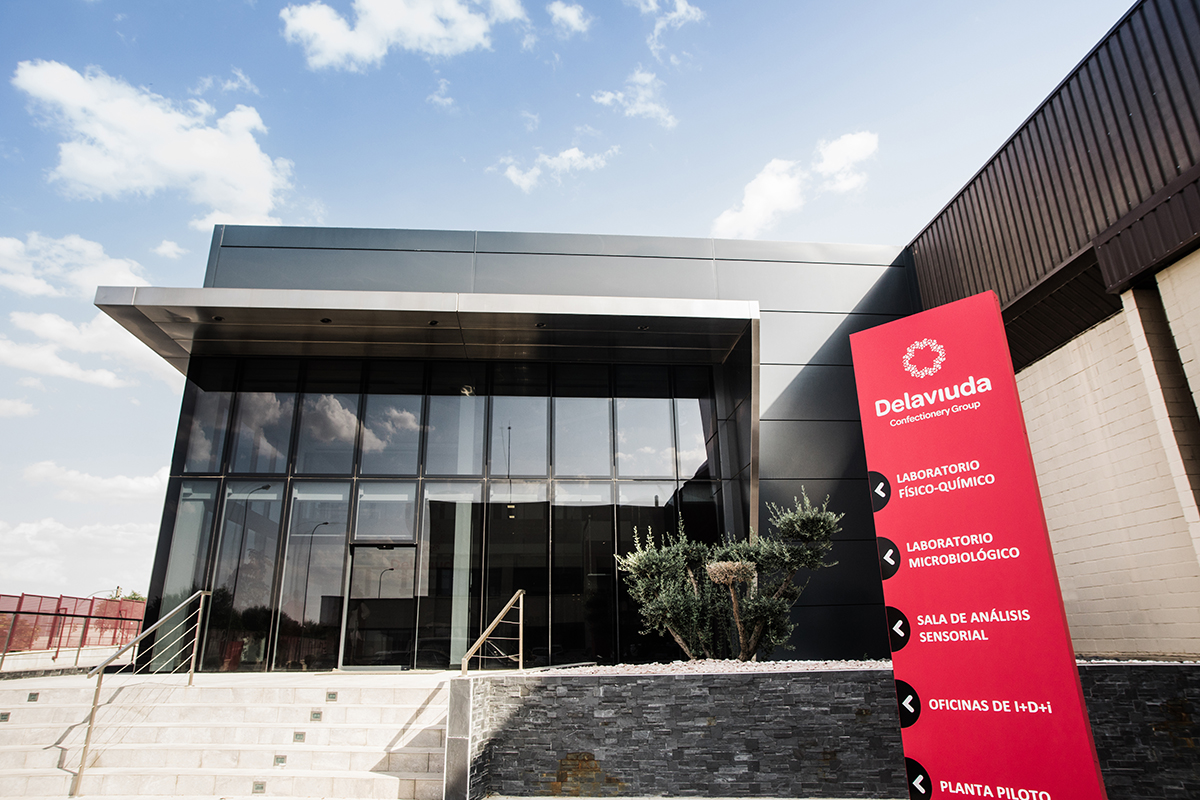
In your opinion, what are the biggest confectionery trends that will influence Americas travel retail in the post-COVID-19 landscape?
People are looking forward to going back to their normal lives and travelling is a part of that. Many people will experience a sense of euphoria and a need for celebration once they are able to travel safely again, so indulgence will be a driver at least in the short term.
On the other hand, the older generation will likely be more reluctant to travel in a post-COVID world, so the younger generations will require greater attention from now on. Adapting to younger consumers’ habits and needs will drive growth going forward. We also believe that health and well-being will play an increasingly important role in the future, and so will localisation, personalisation and sustainability.
In your opinion, what role will the confectionery sector play in the recovery of the travel retail channel in 2021 and beyond?
According to some recent research by M1nd-set, confectionery shoppers will resume air travel after bans have been lifted. Besides, confectionery sales have historically been very resilient in this channel, picking up quickly after periods of crisis.
All this tells us that confectionery may be one of the categories leading the post-Covid recovery of the channel.


How do you think the channel can and should engage with travelling consumers to ensure a sustained recovery?
Research tells us that there will be a change of paradigm in the years to come. Beyond traffic volumes, there will be restrictions in place and people will change their habits when traveling. Because of this, brands, operators and the industry in general will have to adapt and find new ways to approach them.
Digitalisation has been due for some time, especially since millennials and other digital-native generations have become a part of the landscape, but we believe that the COVID-19 crisis will act as an accelerator of this.
In terms of physical stores, we will have to find safe ways to connect with consumers. Interactive screens and covid-free sampling would be good examples for that.
Finally, brands will have to play their part by ensuring that their product portfolios improve the travelling experience. Travel exclusives and locally-themed packs may serve that purpose, as they make good souvenirs.
How would you like to see industry partnerships evolve as we enter a new era for travel and travel retail?
There are obviously great benefits to be reaped from further collaboration among the different players in the industry. Consumer data-sharing between not only brands and operators, but also airports and airlines, would be mutually beneficial and a huge step forward in understanding consumer needs.
On another scale, the existing airport concession model should probably be rethought. The current minimum-guarantee, fixed-income arrangements drive retail costs up and make the system hard to sustain during periods of crisis, so they should probably be a bit more flexible in the future.

Click on the video above for an explanation of how the virtual Summit of the Americas event works for exhibitors and visitors




